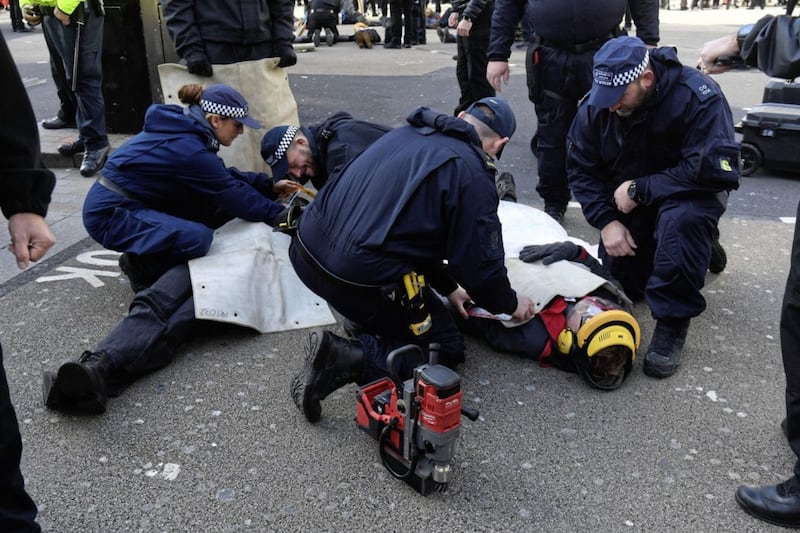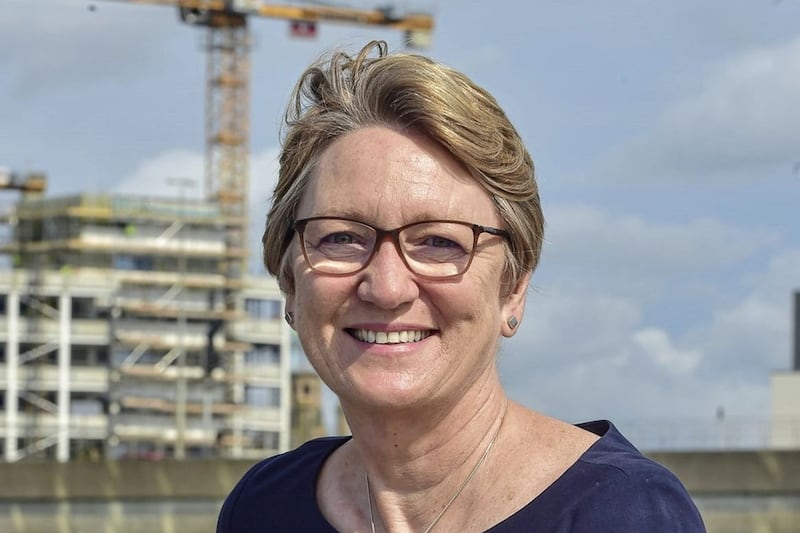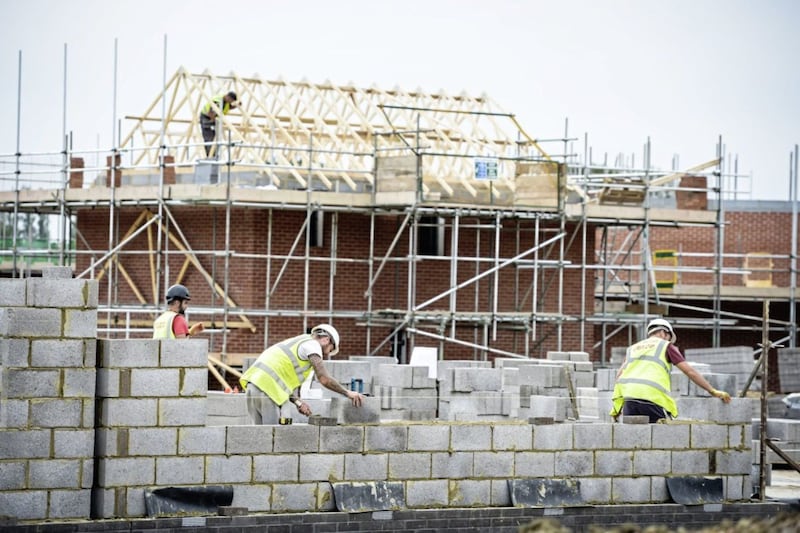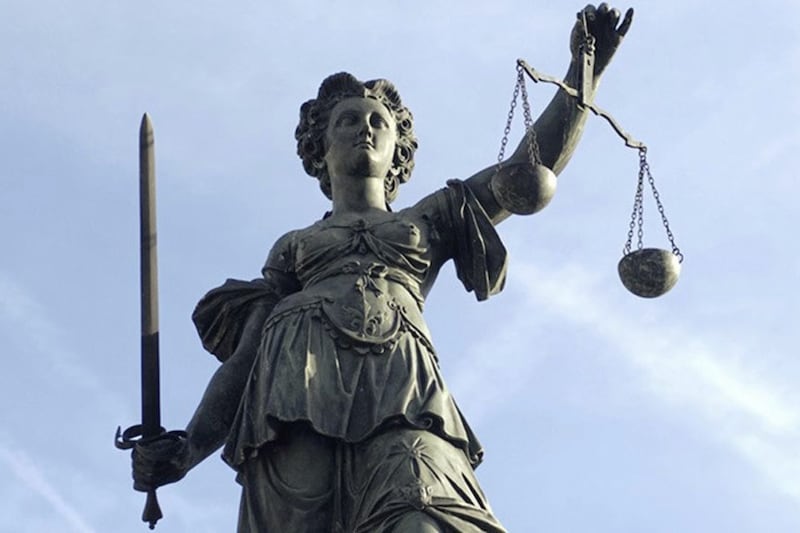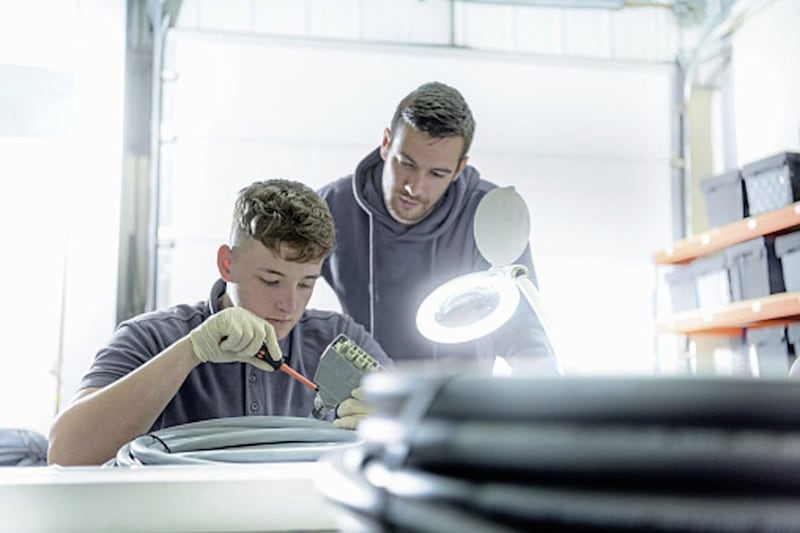ONE of the less well-known but potentially one of the most-influential members of the commercial property and construction worlds is the expert witness.
In fact, it’s a role that I very often use as an example when people ask me to explain some of what chartered surveyors do – just to highlight how varied and interesting the profession can be.
Expert witnesses play a central role in the judicial process, by communicating information about the expert’s specialist area to a court, and surveyors act as expert witnesses in a wide range of court cases.
This could be in a case relating to a dispute over the value of a property, or one in relation to a problem with the construction of a building, or a myriad of other things.
They could provide evidence that fundamentally influences the outcomes of very important court cases.
The court needs the evidence of the expert witness to understand something about the specialist area – for instance construction of a particular kind of building - in order to connect properly to the issues at the heart of a dispute and deliver an informed decision.
An expert will know lots more about a specific subject than most people, including many of their peers. They will almost certainly know more than the judge hearing the case in court does.
Why am I telling you all of this?
Firstly, because it’s important to encourage more professionals to become expert witnesses. But also because of important changes that have come into play that affect all of those who perform the role.
In April of this year, the High Court of Justice for Northern Ireland issued practice direction that I heard someone describe as ‘game changing’ for all those who wish to act as expert witnesses in commercial proceedings.
The practice direction emphasises the extent of the duty owed by anyone who is instructed to give or prepare expert evidence for court proceedings. The primary message is that the duty to the court overrides any obligation the expert might owe to an instructing party or person who pay the expert’s fees.
In short, this offers a reminder to expert witnesses that they should follow best practice and be mindful of the objective of rule of court, which is to enable the court to deal with cases justly.
At the heart of the practice direction is a key message to expert witnesses that they will be expected to be qualified, not only in their specialist subject matter, but also as expert witnesses. In other words, they should be trained and accredited in the role and duties of the expert witness.
Experts who fail to comply with the rules of court or the practice direction or are responsible for excessive delay may cause the parties who instruct them to be penalised in costs orders. The court may even order that expert evidence provided by non-compliant experts will be disbarred.
The practice direction is clearly a move in the right direction to improve the quality and impartiality of expert witness testimony in the Northern Ireland commercial courts. Which is a good thing.
It is also likely to generate demand for high quality expert witness training and accreditation programmes. This is where organisations like RICS come in.
Expert witness training and qualifications help experts to work efficiently and positively with lawyers, and properly define their briefs. Experts who are well trained acquire high levels of confidence.
Instructing parties naturally desire experts who have high levels of technical expertise. The courts desire this too, but they also require experts to know how to discharge the role expertly and dispassionately. A key message arising out of the issue of the practice direction is that experts must be trained and accredited in the role.
:: Susan Mason is head of RICS in Northern Ireland



